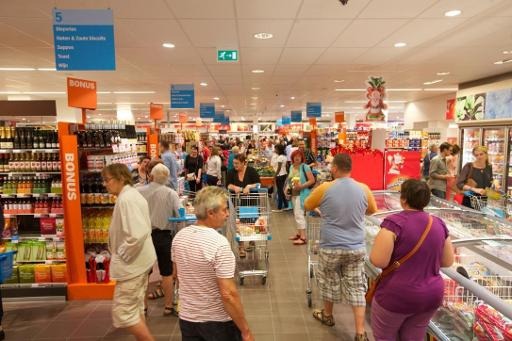Foodstuff and drinks are costlier in Belgium than in neighbouring countries because of taxes, royalties and the wage handicap, the Belgian Food and Drink Federation, Fevia, and the Belgian Association of Branded Products Manufacturers, BABM, said on Tuesday. The two organisations were reacting to the latest annual report of the Observatoire des Prix (Price Observatory), which pointed out that prices were higher in supermarkets in Belgium than in France, Germany and the Netherlands.
The price difference had increased slightly between 2012 and 2017, according to the Observatory, which said prices in Belgium were 13.4% higher than in Germany, 12.9% more than in the Netherlands and 9.1% higher than in France.
Fevia and BABM claimed that the wage handicap in real terms for Belgian food products as against those sold in the neighbouring countries was 17.5%, even after the Federal Government’s tax shift was factored in. They also blamed higher energy costs and the accumulation of taxes.
“These handicaps inevitably mean that prices are higher in our country and that cross-border shopping increases year after year”, said Fevia Director-General Chris Moris. “Thanks to our quality, innovation and diversity, we partially offset these price differences but, in the long term, these obstacles are undermining our competitiveness.”
Producers’ profit margins continue to fall, and supermarkets also face excessively narrow margins, Fevia added.
Walter Gelens, CEO of BABM, added that "Belgium is a small market, and fixed costs such as marketing and innovation are a heavier burden here.”
The Brussels Times

